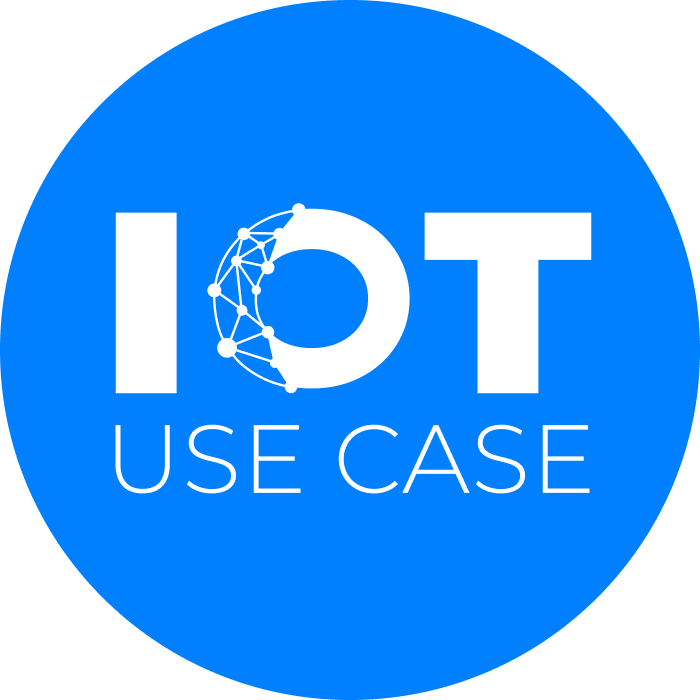Eliminate data silos to help category managers build stronger relationships with suppliers and drive revenue and margin results
No retail promotion is successful without collaboration between category managers and their suppliers. Yet negotiations with suppliers rarely achieve optimal results. The reason? Category managers lack the quick access to data-driven insights necessary to easily navigate a labyrinth of products, shifting prices, and convoluted deal structures.
The problem isn’t a lack of data. Rather, the data is siloed — trapped in multiple systems and applications spread across departments. So, category managers are in a constant battle against time and inefficiency. This hinders their ability to craft deals that fully capitalize on potential sales opportunities and deliver optimal value to customers and stakeholders.
A supermarket chain prevented €2 million in profit leakage through category data aggregation
Intense pressure in European retail

Despite receding inflation rates across Europe, retailers are still feeling the pinch of tightened purse strings. A wave of insolvency has hit German retail, while the woes on the U.K. high street have been largely driven by problems in the retail sector. Depressed wages have resulted in lower real incomes and reduced consumer spending, ultimately placing pressure on retailers’ already razor-thin margins. Within this challenging market situation, a supermarket chain found itself in intense competition.
Scattered data results in inefficient resource usage — and throttles profits
Like its competitors, the supermarket chain undertook actions to boost customer loyalty and drive revenue with promotional campaigns. Its collaboration with its suppliers sought to find the right products at the right price to pique customer interest and drive volume, while also guaranteeing profitability. Yet during negotiations to arrive at competitive pricing and product selection, the supermarket chain’s category managers were hindered by:
- Insufficient analytical tools: ERP systems without the necessary advanced analytics
- Manual data integration: Excessive time spent combining disparate data sources manually
- Report generation: Disproportionate time spent on report creation for category performance
The manually combined data from multiple systems were prone to inaccuracies. Moreover, the barriers forced category managers to devote most of their time to operational and reporting tasks. That significantly detracted from their ability to negotiate and execute category strategies to drive long-term growth and profitability. Taken all together, that caused an unacceptable problem: profit leakage.
The data at the heart of successful promotional campaigns

To make sure that promotional campaigns boost profits, rather than just driving traffic without a corresponding lift in net earnings, category managers must draw on several different types of data.
- Historical sales data: To understand past promo performance and forecast uplifts
- Margin and cost analysis: To maintain profitability at the product and category level
- Competitor pricing and promotion strategies: To ensure sound market positioning
Currently, tracking and analyzing these disparate data streams is done manually on Excel spreadsheets. The data comes from various applications and ERP systems such as RMS or EDW. Because of this outdated structure, category managers must jump through several hoops prior to negotiations:
- Extract historical sales and margin data for different suppliers and products from ERP systems
- Aggregate promo data from marketing and supply chain to create an encompassing evaluation
- Consolidate funding data from Excel to perform analyses on promo profit and historical funding
- Gather information about competitor pricing and market trends from market research tools
With the goal of productive negotiations and informed decisions, the supermarket chain resolved to consolidate all relevant data in one easily accessible platform.
Unlock actionable insights for vendor negotiations

After partnering with SoftServe, the supermarket chain targeted nothing less than developing a dynamic and validated view of categories and suppliers’ performance. It contains an analytical toolkit covering several KPIs to better inform their negotiations and measure financial performance internally — all in one place. The resulting data platform included:
- Automated data aggregation to expedite data entry for reporting with integration with multiple data platforms.
- Single source dashboards to display calculated financial measures to serve as a single source of truth for supplier performance.
- Enhanced metrics to incorporate additional supplier info and metrics and reduce data collection requirements before negotiations.
- Demand projections to provide data-driven decision-making support with forecasting on top of past performance reporting.
Category managers at the supermarket chain were able to use a unified data platform to enhance their vendor negotiations. With automated financial data entry from freshly minted deals, the trade finance team can easily automate future financial reports. All of that will build a more robust and accessible data layer for future deals.
The category managers used the data access to enhance and expedite their decision-making and gain greater control over supplier funding execution. That’s generating a total of €2 million for the company — annually.
Put data to work for revenue and profit growth in retail

Reliable data is crucial to all retail operations. As economic headwinds and uncertainty continue to put pressure on consumers and retailers’ margins, it is essential that category managers understand what products and prices will both garner customer loyalty and drive profitability.
Siloed data is just one of the data challenges facing retailers. Be sure to read our white paper to learn how SoftServe’s experts can help you combat the top five most common data difficulties in the retail sector. And stay tuned for the next installment in data-driven solutions for retailers: demand forecasting.
If you are ready to bring all your data together to support your category managers in making the best deals possible with your suppliers, let’s talk!
Text taken over from the original – Softserve






